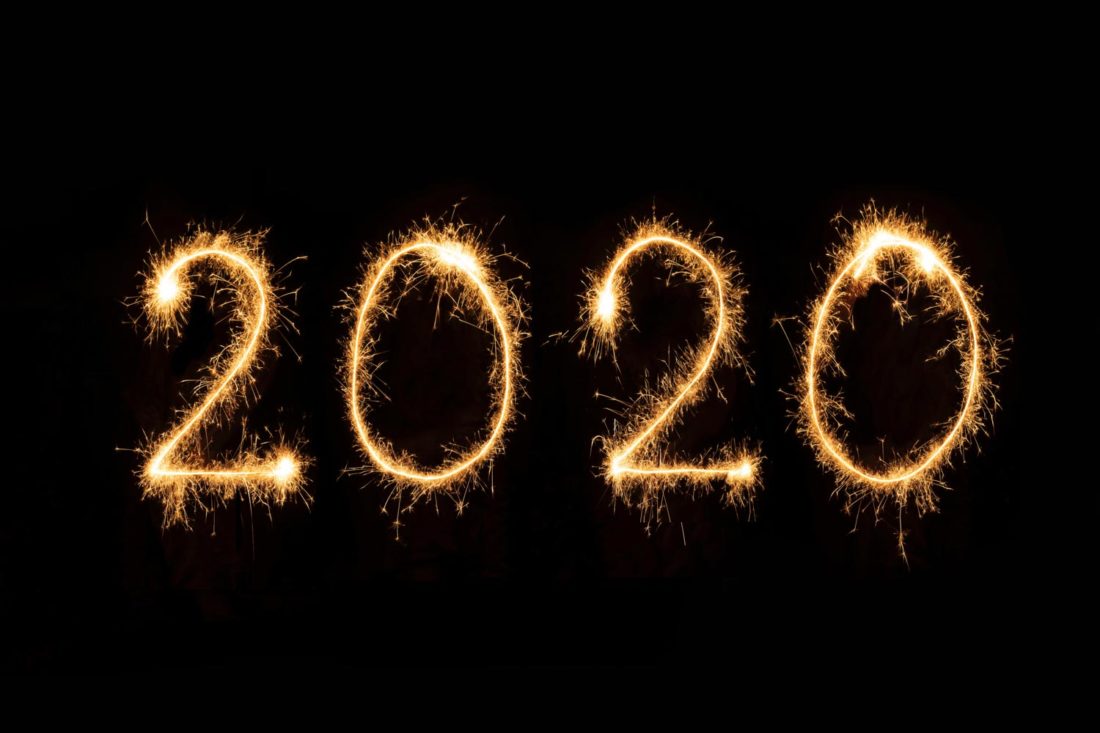Dear Friends and Colleagues,
The end of one year and the beginning of another is the perfect opportunity to look back over the past twelve months and reflect, as well as look towards the year to come. 2019 was a busy year for IAFOR, full of great opportunity and growth, and 2020 promises to be even better. In this short report, I would like to share with you some of the highlights of 2019, as well as some of the programmes and events coming up in 2020.
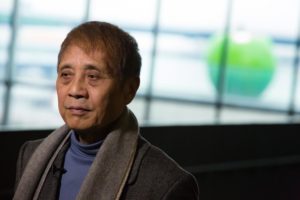
Award-winning architect, Tadao Ando, at the Kansai Resilience Forum 2019.
2019 was a packed year for us, and one that saw the organisation reach new heights, explore new partnerships, all the while inspiring global research collaborations between individuals and institutions across the world. 2019 was the year that saw IAFOR asked to collaborate with the Government of Japan through the Prime Minister’s and Cabinet Offices in the organising of the
Kansai Resilience Forum, that included a moving speech by world-leading architect, Tadao Ando, who spoke in and of the Hyogo Prefectural Museum of Art, a building he had designed as part of the rebuilding following the devastating Kobe earthquake. This high profile collaborative interdisciplinary event brought new attention to IAFOR and to the ways in which such public interest events can be conceptualised (inspired by the Kansai Resilience Forum, 2020 will see IAFOR work with the City of London on an UK-Japan Resilience Forum. Watch this space for further updates!)
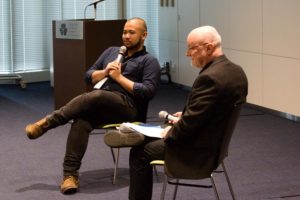
Ezra Acayan, winner of the 2018 IAFOR Documentary Photography Award, speaks about his work with Professor Donald Hall at ACAH2019 in Tokyo.
2019 was also the year that saw an increased focus on the
IAFOR Documentary Photography Award, as we looked to organise events promoting the winning photographers. Past Grand Prize Winner, Ezra Acayan, came and spoke at two of our events on his work in the Philippines. As an organisation, we remain committed to the Award as part of our mission and commitment to freedom of speech. Our 2019 award was announced at the very end of the year, and I would implore you to take the time to
visit the website and see the powerful work of the Award winners.

ECE/ECLL2019 delegates pose for a group photo outside Birkbeck, University of London.
Our conferences continued to see a steady growth, and it was special for us to have our
European Conference on Education (ECE) hosted at the University of London at and with two world-leading institutions (Birkbeck and the IoE), as well as see our flagship
Asian Conference on Education (ACE) in Tokyo reach an attendance of some 600 academics and students from around the world.
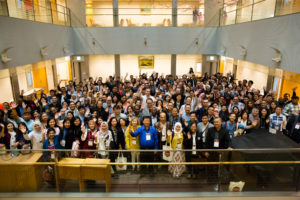
ACE2019 welcomed almost 600 people from around the world to Tokyo, Japan.
Given the political situation in Hong Kong, we were concerned that
The IAFOR Conference on Higher Education Research (CHER2019), hosted at Lingnan University, and on the theme of “Uncertain Futures” would be affected, but the event did not dodge the issues, showing instead an integrity and purpose, underlining that these questions of freedom are far from “only” academic, and underlining the role of education and educational institutions at the heart of a healthily functioning civil society.
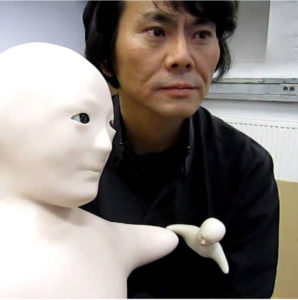
EGen2019 Keynote Speaker, Professor Hiroshi Ishiguro from Osaka University & Hiroshi Ishiguro Laboratories, Japan, with his Telenoid R1 android.
We ended the year in London, for the first
European Conference on Aging & Gerontology (EGen), hosted by UCL’s Bartlett Real Estate Institute, and the speakers were incredibly impressive, with world-leading academics from a number of disciplines, notably Hiroshi Ishiguro, Tsuyoshi Sekitani, Nick Tyler, Paul Higgs, and James Barlow. We thank Evangelia Chrysikou and Andrew Edkins of UCL for their continued support and commitment for this event, which highlighted the fact that demographic change should be seen as an international public policy and human security issue, requiring of cooperative and coordinated responses.
The IAFOR Research Centre, housed at Osaka University’s Osaka School of International Public Policy, continued to grow strongly, with diverse collaborative international initiatives, including those with the East-West Center (“US-Southeast Asia-Japan Partnership in a Dynamic Asia”), the China Edition of the Stanford Social Innovation Review (Innovation and Value Initiative), and with Rohingya Vision, looking at the creation of IDs for stateless peoples through blockchain. We look forward to the Centre further expanding its activities in 2020!
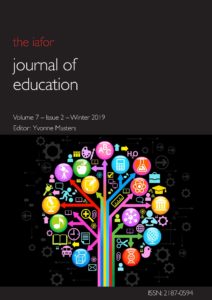
The IAFOR Journal of Education is now indexed by Scopus.
Our publications reached new standards of excellence and recognition, and 2020 saw the first IAFOR journal, our flagship
IAFOR Journal of Education, indexed by Scopus, and I have it on good authority it will not be the last. In keeping with our long-held commitment, our publications (including our journals) are available to read online and at no cost through our website and the
IAFOR Research Archive. Please encourage the use of this amazing free resource.
So, to 2020 and we have a full slate of conferences across the world. We begin in January in Honolulu, as we return to Hawai’i to continue the great conference partnership we have with the University of Hawai’i at Manoa, before going to Singapore in February for the inaugural Southeast Asian Conference on Education (SEACE), held with Singapore Management University, and then returning to Tokyo for events in the Spring and early Summer. Throughout the rest of the year, we will also be in London, Barcelona, Hong Kong, Osaka and Kyoto… and possibly more. You can see a full listing of IAFOR conferences here, and I encourage you to join as many as you are able.
On a conference related note, The Association of Asian Studies was to have held its annual Asian conference at the Chinese University of Hong Kong, but given the circumstances, the decision was taken to move the event to Japan. IAFOR has agreed to co-host the AAS-in-Asia event in Kobe at the end of June, and will be working with a consortium of the major national universities in the Kansai to make sure the event is a success.
IAFOR would not be the organisation it is today without your continued support, and active engagement. I thank you all, and wish you a healthy, fulfilling and prosperous 2020.
Happy New Year!
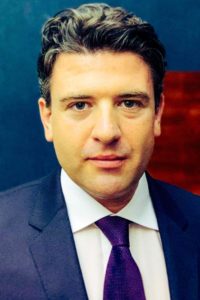 Joseph Haldane
Joseph Haldane
Chairman and CEO
IAFOR






 Joseph Haldane
Joseph Haldane
